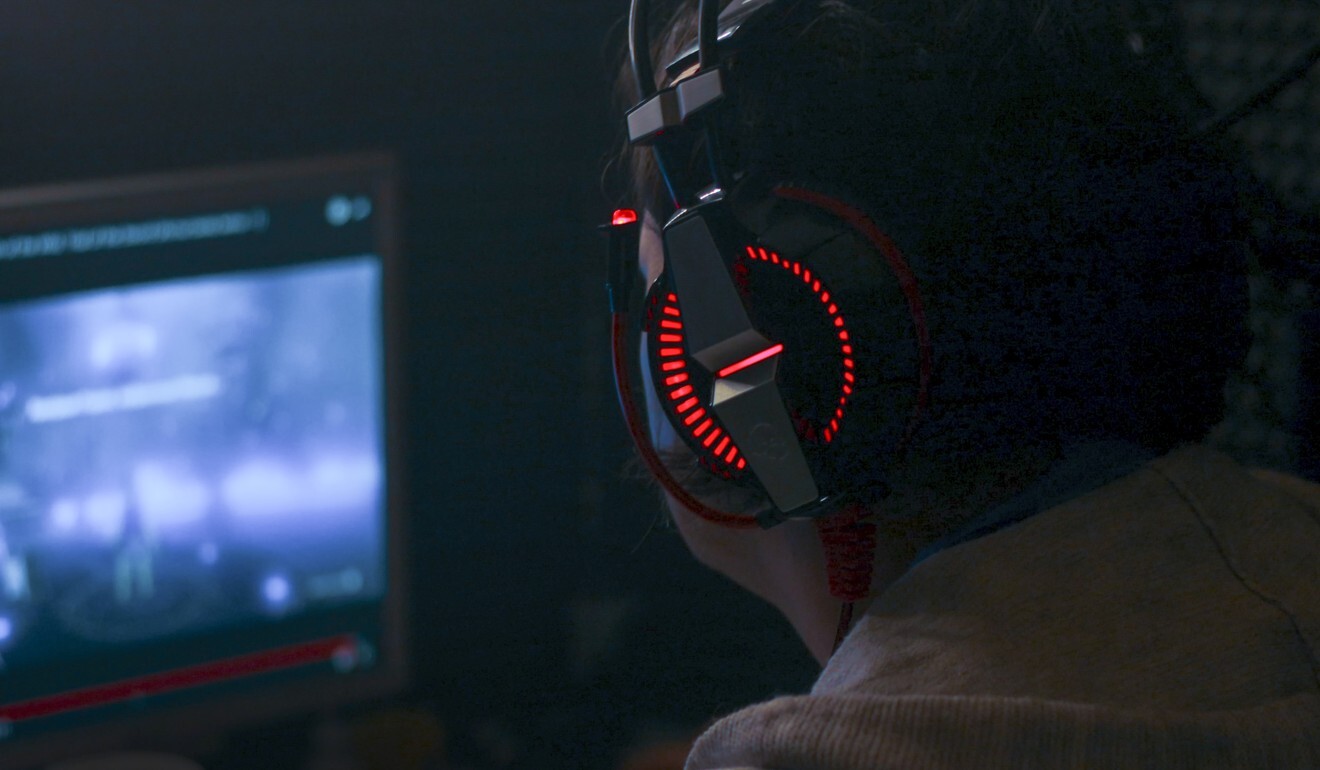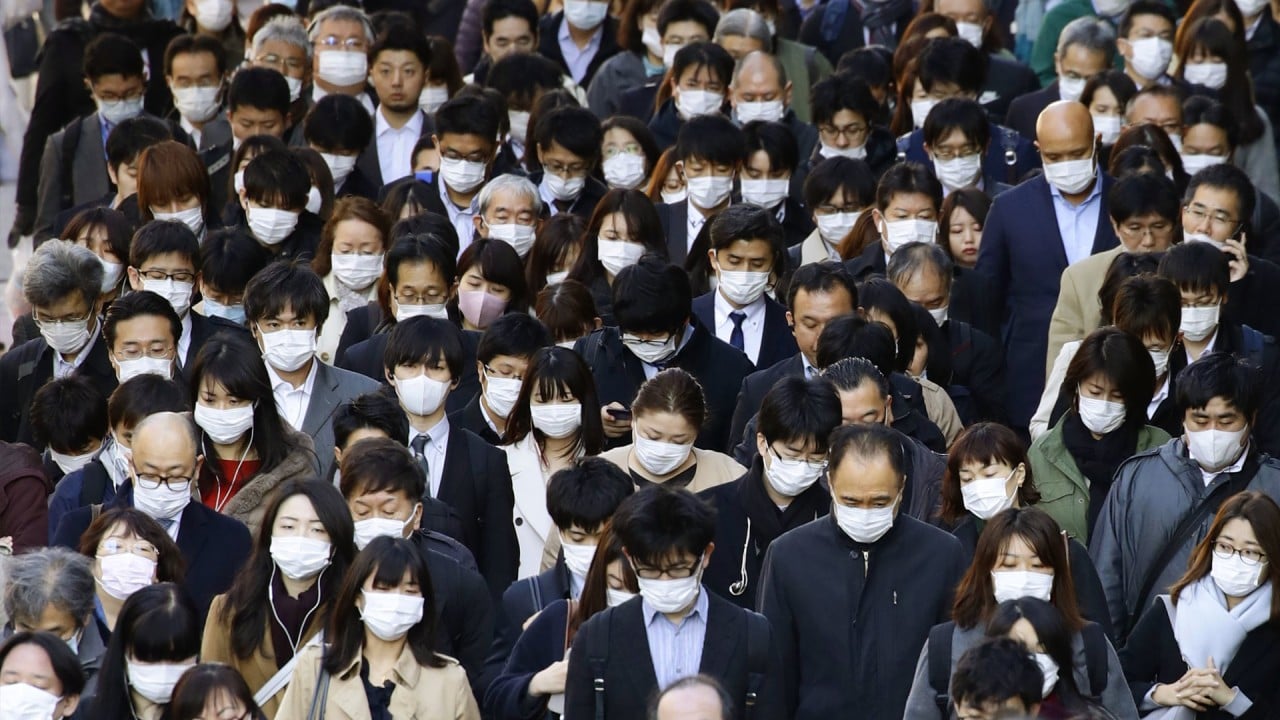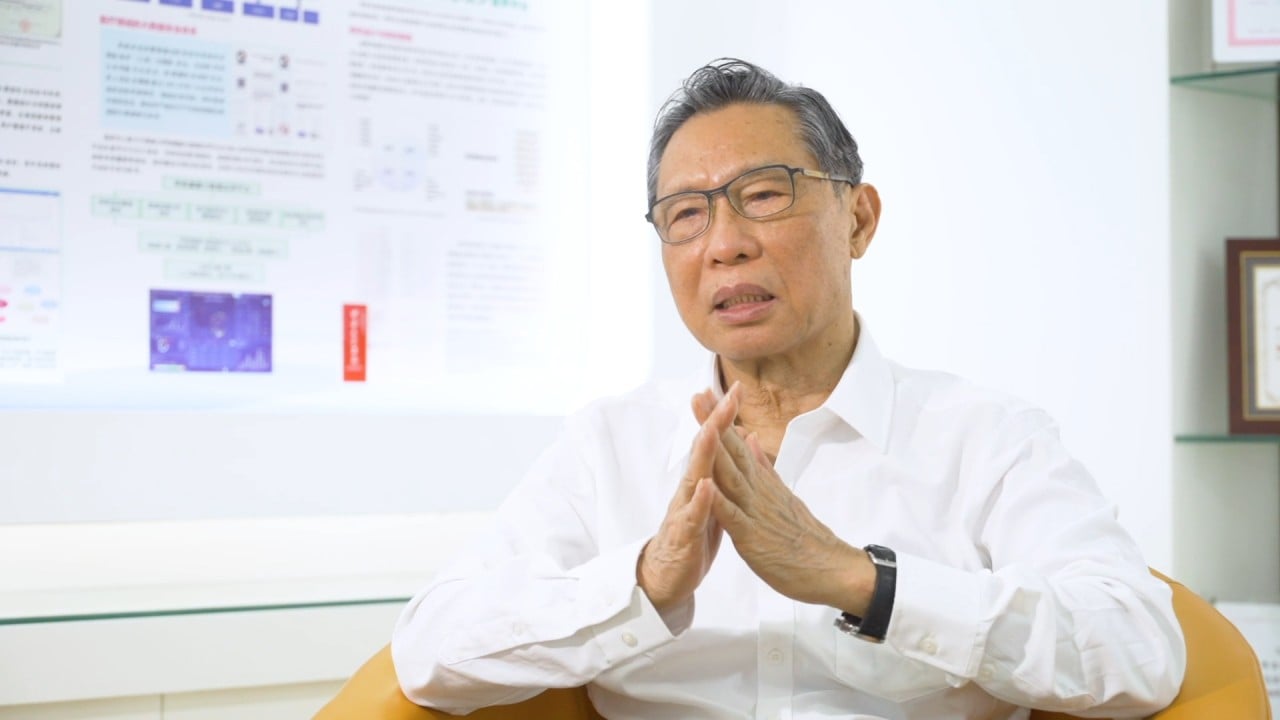
So hard to get Hong Kong’s ‘hidden youth’ to leave home, now pandemic drives them into isolation again
- Reclusive youngsters trying to change suffer a setback as pandemic closes help centres
- Expert warns of burden to families, society if more young people refuse to leave home

Being cooped up at home for months because of the coronavirus pandemic is taking a toll on a group of young Hongkongers who have become increasingly withdrawn from society, experts warn.
These “hidden youth” are hermits who refuse to step out of their homes for months, even years. They do not go to school, do not have jobs, avoid interacting with others, and can drive worried family members to desperation.
Social workers engaged in the slow process of helping these recluses change say the social-distancing measures brought in to combat the virus have set back their efforts.
Chuck (the names of all of the subjects of this article have been changed to protect their identities), 25, has returned to some of his old ways since measures to contain the Covid-19 outbreak were introduced.

As a teenager, he had no friends in secondary school and poor grades led to his repeating Form Three. Feeling isolated and ashamed of his poor performance, he dropped out in 2013, after completing Form Five.
He stayed at home for the next seven years, sleeping all day and staying up at night to avoid his parents and younger sister, now 16. He spent his waking hours online and playing computer games.
His father, a 66-year-old taxi driver, would scold him for wasting time, while his mother, a 54-year-old part-time domestic worker, did her best to try and make him happy.
Chuck felt so uncomfortable being among other people that he would flush and his hands would shake. There were times he had suicidal thoughts, feeling his life was meaningless.
In 2014, his mother sought help from the Hong Kong Christian Service (HKCS), a non-governmental organisation which has been helping hidden youth since 2003.
The longer they do not go to school or work, the more likely they will become socially withdrawn
Chuck made progress as he attended social activities at the help centre, and was even thinking of looking for a job after the Lunar New Year holiday. But the coronavirus got in the way, keeping him confined at home and feeling disheartened.
The centre suspended its activities, while the city’s battered economy and high unemployment rate have made jobs unavailable.
“Chuck made improvements over the years, and gradually stepped out of his home. But the pandemic has caused him to return to his old lifestyle in some ways,” says his case worker, Apple Ngo Hoi-ling. “It will take time and effort for him to reconnect with society.”
Clinical psychologist Dr Paul Wong Wai-ching, associate professor at the department of social work and social administration of the University of Hong Kong (HKU), says social anxiety from being confined at home for a long time, deteriorating mental health, and the soaring unemployment rate threaten to turn more young Hongkongers into hidden youth.
“The longer they do not go to school or work, the more likely they will become socially withdrawn,” he says.
Most vulnerable, he adds, are those in transition to the next level of education, such as those starting university, as well as fresh graduates whose hopes of finding work have been dashed by the state of the economy.
“They may lose the drive to move on with their education or enter the job market,” he says.
Social withdrawal among young people has been attributed to multiple factors, including developmental, social, psychological and employment challenges. Males have a higher chance than females of being affected.
A study by Wong and other HKU researchers released in 2015, the most recent data available, showed that 1.9 per cent of young people aged 12 to 29 had withdrawn for more than six months. Estimates put the total at between 16,900 and 41,000.
The phenomenon is not unique to Hong Kong. In Japan, hidden youth are called hikikomori, while in Britain, they are referred to as NEET – “not in education, employment, or training”.
Covid-19, which has infected more than 5.8 million people worldwide and left more than 360,000 dead, has caused many hidden youths such as Chuck to retreat and lose their motivation to change.
HKCS social worker Leung Hiu-tsui says these young people are not easy to engage, and it usually takes years to help them return to society.
The suspension of training courses, including those provided by the Employees Retraining Board, has been a setback for hidden youth on the mend. The virus has also affected the HKCS centre’s contact with the youth, as home visits have been cancelled and social workers have to rely more on staying in touch by phone and social media.
Anson, 25, stayed at home for 10 years after quitting school in Form Four because he was bullied. For years, he spent most of his time watching television.
His reclusive behaviour sparked many a conflict with his parents, both clerks in their 50s, who were anxious about their only child. His mother called the HKCS for help in 2014.
“The first time I saw him, he seemed self-conscious and said little,” says Anson’s case worker, Yau Chi-yin.

02:41
Coronavirus: What is social distancing?
It took regular home visits to draw Anson out of his shell and get him to attend social activities over the years. Yau says he gradually became more confident and discovered an interest in cooking, and property management.
Two years ago Anson started attending training courses to prepare for finding work in either area. With courses suspended because of the coronavirus, he is back at home, feeling disappointed and restless.
Steven Lai Lap-hin, social worker and service coordinator of the Chinese Evangelical Zion Church Social Service Division, an NGO which has been working with hidden youth aged 15 to 24 for nine years, agrees that the pandemic has affected their efforts to change.
“Now that everyone is asked to stay at home, hidden youth no longer face pressure from their parents or society to go out,” he says.
HKU’s Wong says Hong Kong first began paying attention to hidden youth in 2003, when the city was struck by the severe acute respiratory syndrome (Sars) epidemic.
The unemployment rate rose to an all-time high of 8.7 per cent during the period from May to July that year. There were also 1,264 suicides in 2003, or a rate of 18.8 per 100,000 people, the highest since the compilation of data began in 1981.
Wong says the current pandemic has resulted in conditions similar to the situation then.
In December 2018, the Social Welfare Department set up five Cyber Youth Support Teams to go online to identify and engage hidden youth and others at risk, to provide them support and counselling.
The department says the teams have been doing more online outreach during the pandemic.
Wong, however, says existing help services fail to cover all hidden youth and NGOs, despite their best efforts, have limited resources.

04:00
Beware of the potential for a second Covid-19 wave, Zhong Nanshan warns
He says the government should do more to keep these young people engaged, for example by increasing youth employment.
Warning of the long-term impact of self-isolation, he says aside from diminished social skills, hidden youth face health risks from their lack of physical exercise and unhealthy eating habits, as well as increased domestic conflict with family members.
If their numbers rise, he adds, it will be a loss of human resources in a city with an ageing labour force, and a burden on social services and families.
“The impact is huge, across the levels of the individual, family and the city,” he says.
Professor Paul Yip Siu-fai, director of the Centre for Suicide Research and Prevention, which compiles Hong Kong’s suicide data, points out that hidden youth also have a high tendency towards mental health problems and suicidal thoughts.
“During the pandemic, fear and isolation are common,” he says. “The increase in the suicide rate is not inevitable if we can do a better job of connecting with those who feel disconnected.”
Yip, who is associate dean of HKU’s faculty of social sciences, warns that the pandemic can have a lasting impact on hidden youth.
“Disconnection will become even more prevalent,” he says.
If you are having suicidal thoughts, or you know someone who is, help is available. For Hong Kong, dial +852 2896 0000 for The Samaritans or +852 2382 0000 for Suicide Prevention Services. In the US, call The National Suicide Prevention Lifeline on +1 800 273 8255. For a list of other nations’ helplines, see this page.